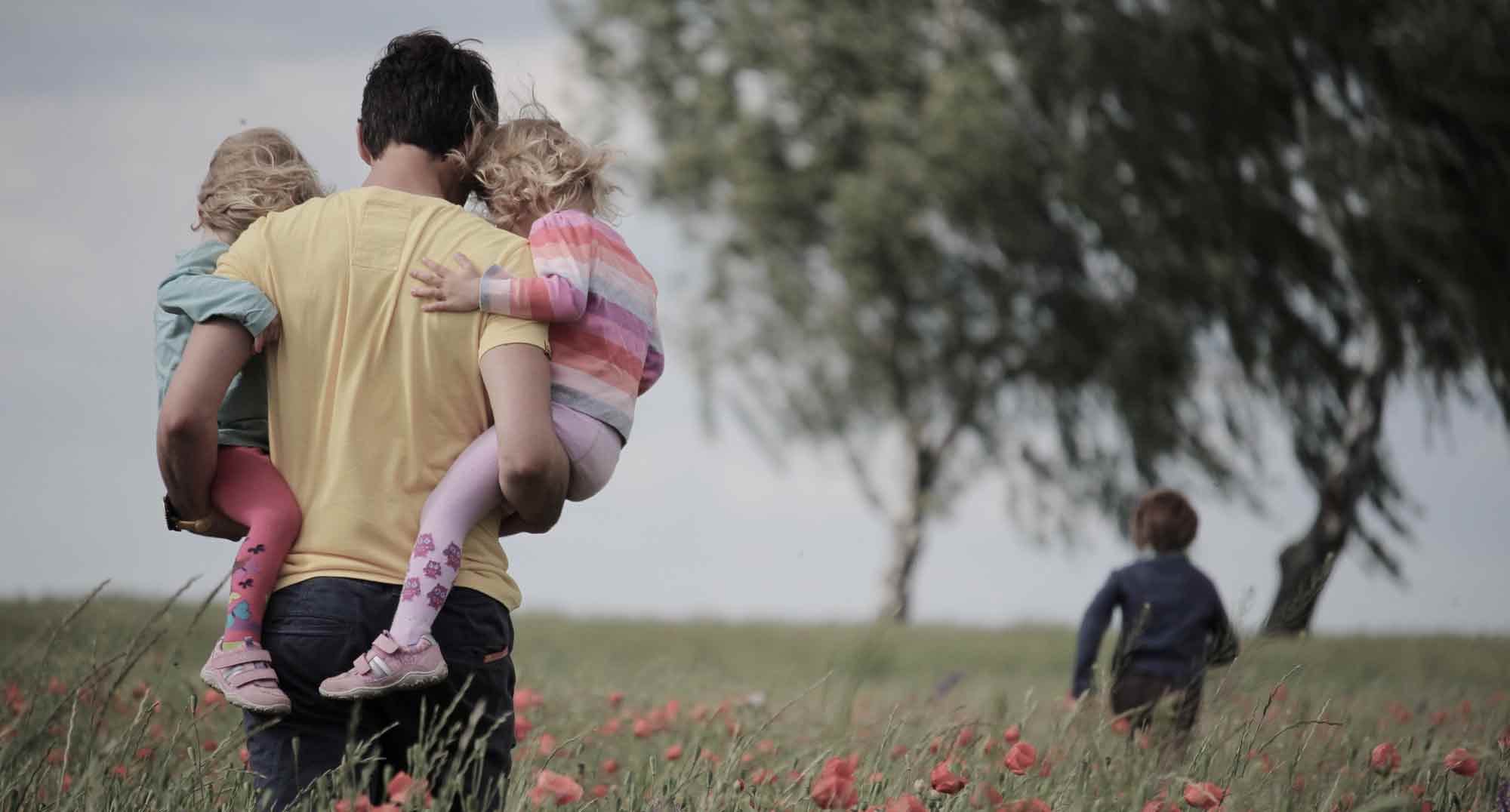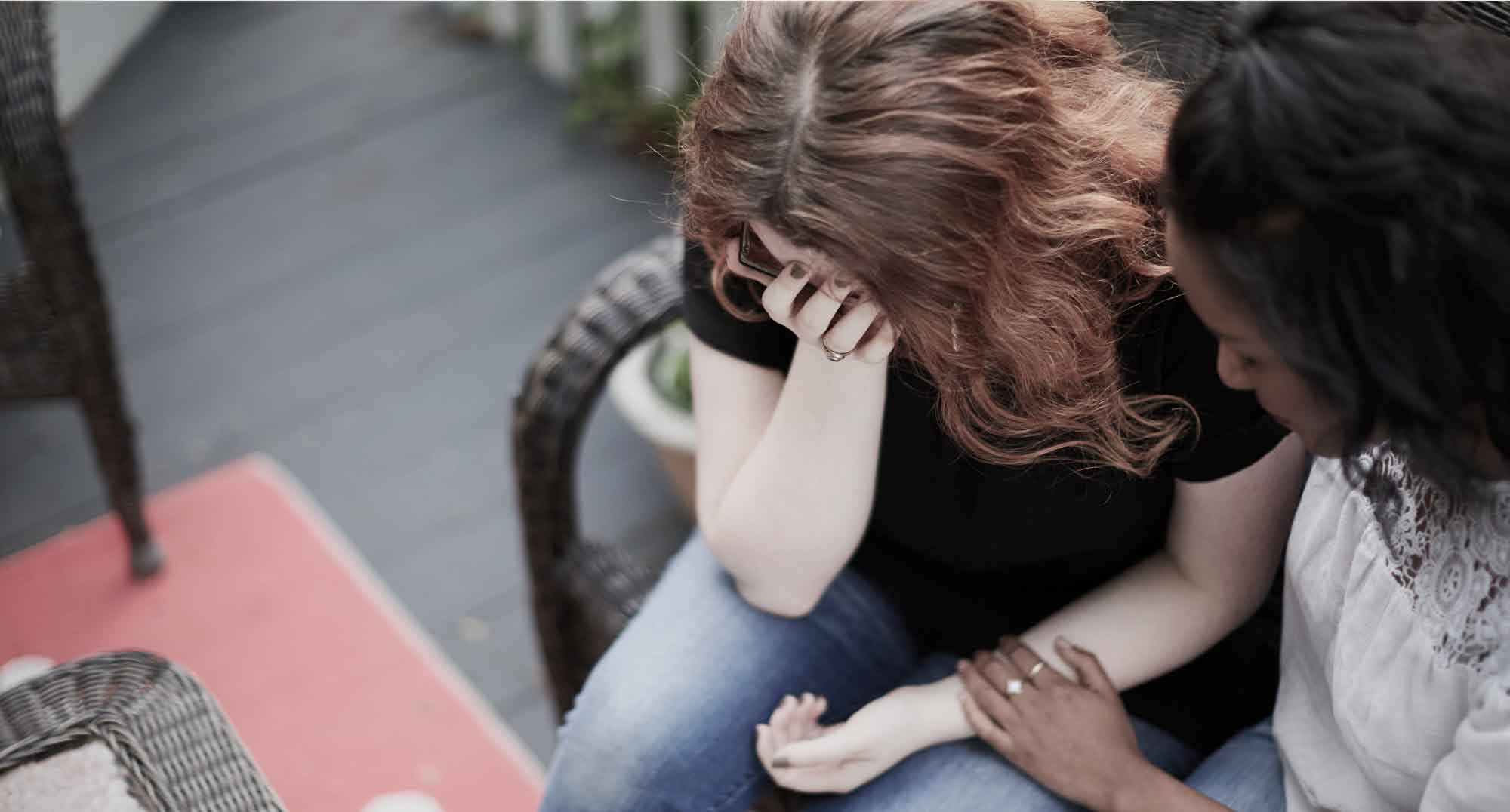Living and Dying in Hope of Heaven: Preparing for Glory
ELIZABETH TURNAGE|CONTRIBUTOR When I tell people I’ve written a book about preparing for glory, about living and dying in the hope of heaven, I get mixed reactions. Some people wonder why we would need to “prepare” for glory. Others wonder, frankly, if I’m being morbid. Good questions. I’ll just say that I don’t think I’m morbid. If anything, I’m realistic, given that, besides Enoch and Elijah, every person who has ever lived has also died. I’m also optimistic, someone who believes that despite the harsh reality of death, something far far better awaits those who trust in Jesus. Finally, I’m practical, because I’ve seen that a kind, thoughtful, and clear preparation for incapacity and death is one of the most profound gifts we can leave our grieving loved ones. To decide if we really need to prepare for glory, let’s begin by considering what we mean by glory in this context. Glory is a wide and weighty word. It is used throughout Scripture to refer to the glory of the triune God. But throughout Christian history, it has been used as a shorthand for “eternal glory.” I propose this summary of eternal glory: Eternal glory is a place and an age and a state of glory where glory is given to the glorious Father, Son, and Holy Spirit by glorified saints and where the glory of the Father, Son, and Holy Spirit is enjoyed by glorified saints for all eternity. The apostle Peter sheds more light on eternal glory: “And after you have suffered a little while, the God of all grace, who has called you to his eternal glory in Christ, will himself restore, confirm, strengthen, and establish you” (1 Peter 5:10). According to Peter, eternal glory is that to which we have been called, by “the God of all grace,” “in Christ.” Eternal glory is the future glory “to be revealed in us” after “the sufferings of this present time” (Rom. 8:18). Eternal glory is that for which we and all of creation “groan inwardly” as we “wait eagerly” (Rom. 8:23). Eternal glory is the glory for which the sufferings of this world prepare us. Eternal glory is so weighty that it will one day prove our sufferings to have been as light as a feather (2 Cor. 4:17–18)...










